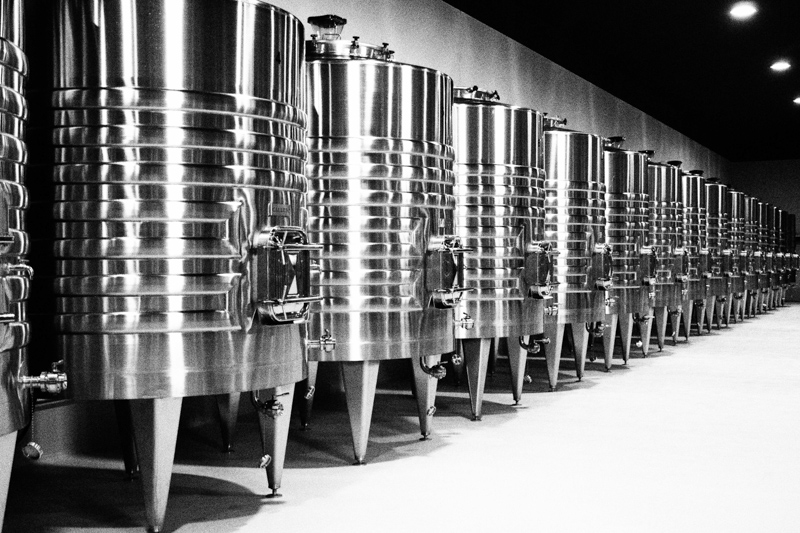I recently made a post on Twitter:
What I have learned from my travels: wine should never be cheap
Although it has picked up more than 130 likes, it also caused some controversy. One well known American critic replied, ‘Completely f***ing wrong.’ I was a little surprised by this.
But I think it’s in response to a misunderstanding. I’m all for wines that offer value for money and I think that’s one of the most useful things I can do: taste lots of inexpensive wines and recommend the good ones to my readers.
My point was quite different, though. While the cussing critic may have thought I was referring to wines in the $15 range, I am talking about wines that sell ex cellars for below, say, one euro. There are a lot of wines like these. They fill up the shelves of of supermarkets and discounters throughout Europe. I regularly look at the wine aisles, and I can tell you that there are lots of wines retailing in the UK at £5 or below, and with duty, tax and retailer margin, no producer is making any money from these bottles.
It sounds good for the consumer, being able to drink cheaply. But it’s actually not: those prices are unsustainable, and reflect a market where there’s too much supply and not enough demand. Farmers can’t farm properly to hit those price points. The race to the bottom in terms of price points sucks life out of the wine category. It also sucks out all the profit.
This problem isn’t unique to wine: other agricultural categories are also drawn into unprofitability by too-low prices, especially when they are trapped with limited routes to market.
We argue for truly sustainable farming practices, but someone has to pay for it. Really cheap wine isn’t good for anyone.
4 Comments on Wine should never be cheap

‘….American critic replied, ‘Completely f***ing wrong.’’
If most of us are drinking to get drunk, this ‘American critic’ is completely f***ing right!
Thanks Jamie for a thought provoking and important message. I totally agree. The bottom end of the wine market includes ‘externalised costs’- like costs of polluted water and long term soil destruction. Wine is for pleasure, polluting a community’s water for something that is not a necessity is truly wrong. Wine lovers are responsible for their choices and the implications for the community it comes from but most wine drinkers have never considered this aspect.
It’s a market economy; the market decides.
If the cheap wine on sale now is unsustainable then the producer will go out of business. If the producer of the cheap wine raised prices to a sustainable level then presumably the wine would go unsold and the producer would be no better off and would go out of business.
As you say, there is over supply. The EU used to (does it still) deal with that by buying at ‘intervention’ prices and distilling unwanted wine or turning it into vinegar. So a lot of over-producing grapes were farmed, making dull watery wines with the intention of being sold to the EU.
South Africa gave regulatory powers to KWV to limit where and what could be planted in order to prevent over-production.
The upside of the current situation is that these really cheap wines may be introducing new people to wine and making wine drinking commonplace and when prices go up they will go along with it.
A provocative Twitter post that got a response, but not a concern of mine.
“The EU used to (does it still) deal with that by buying at ‘intervention’ prices and distilling unwanted wine or turning it into vinegar.”
This would be interesting to find out more about. I’ve heard this practice discussed many times but never seen or heard of any examples of this happening at a winery. I suppose it wouldn’t be the first story to tell a visitor…